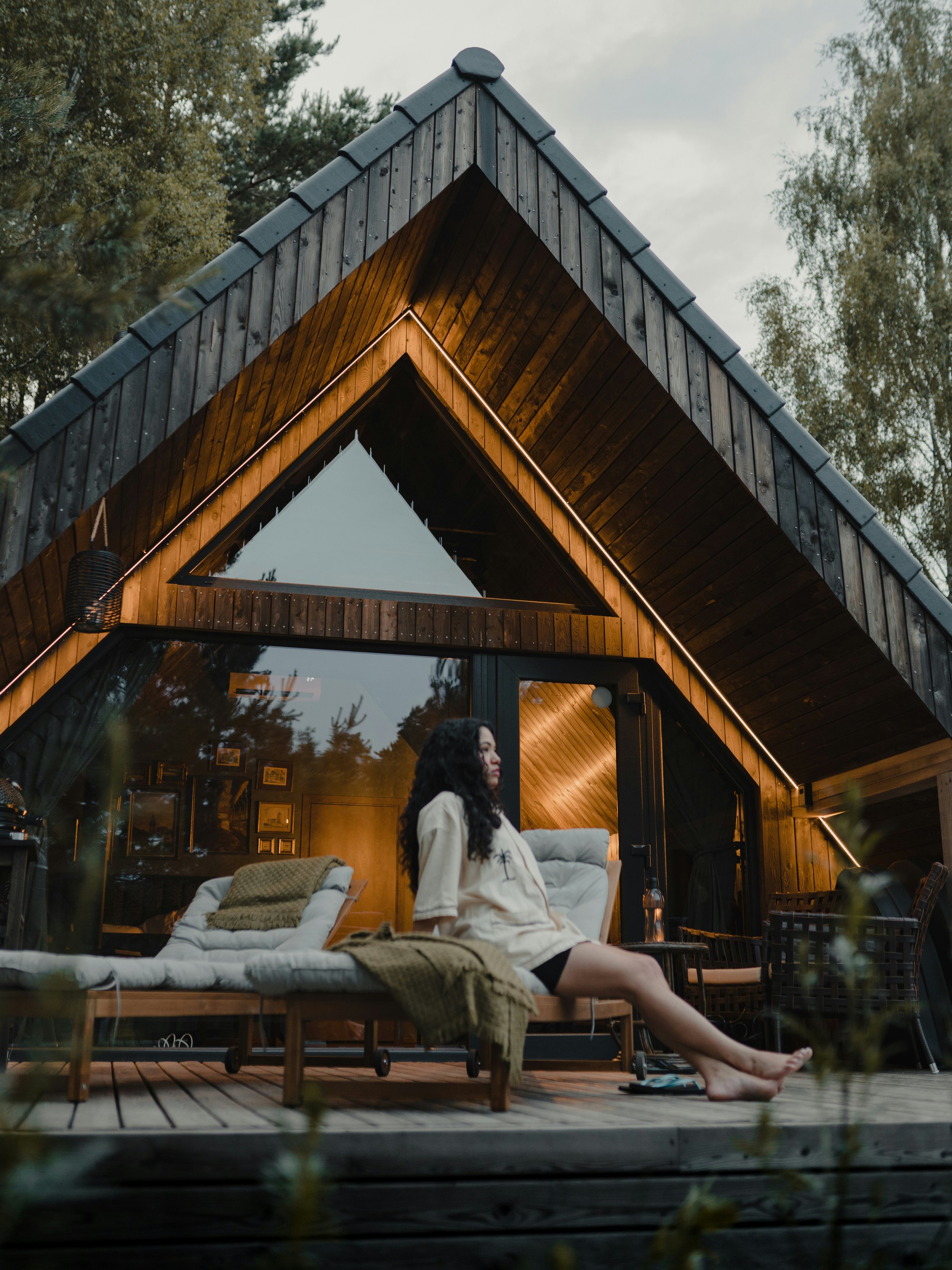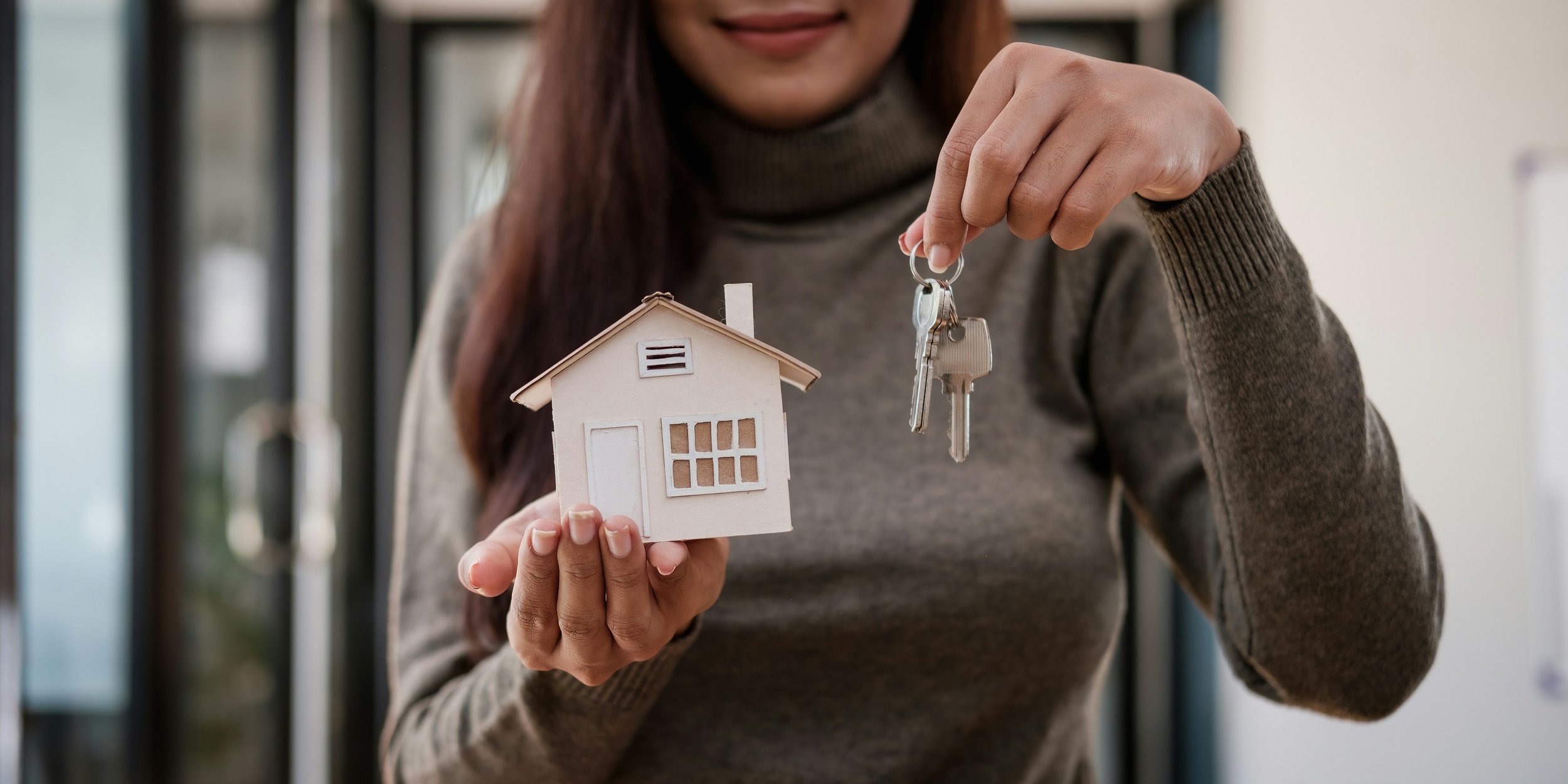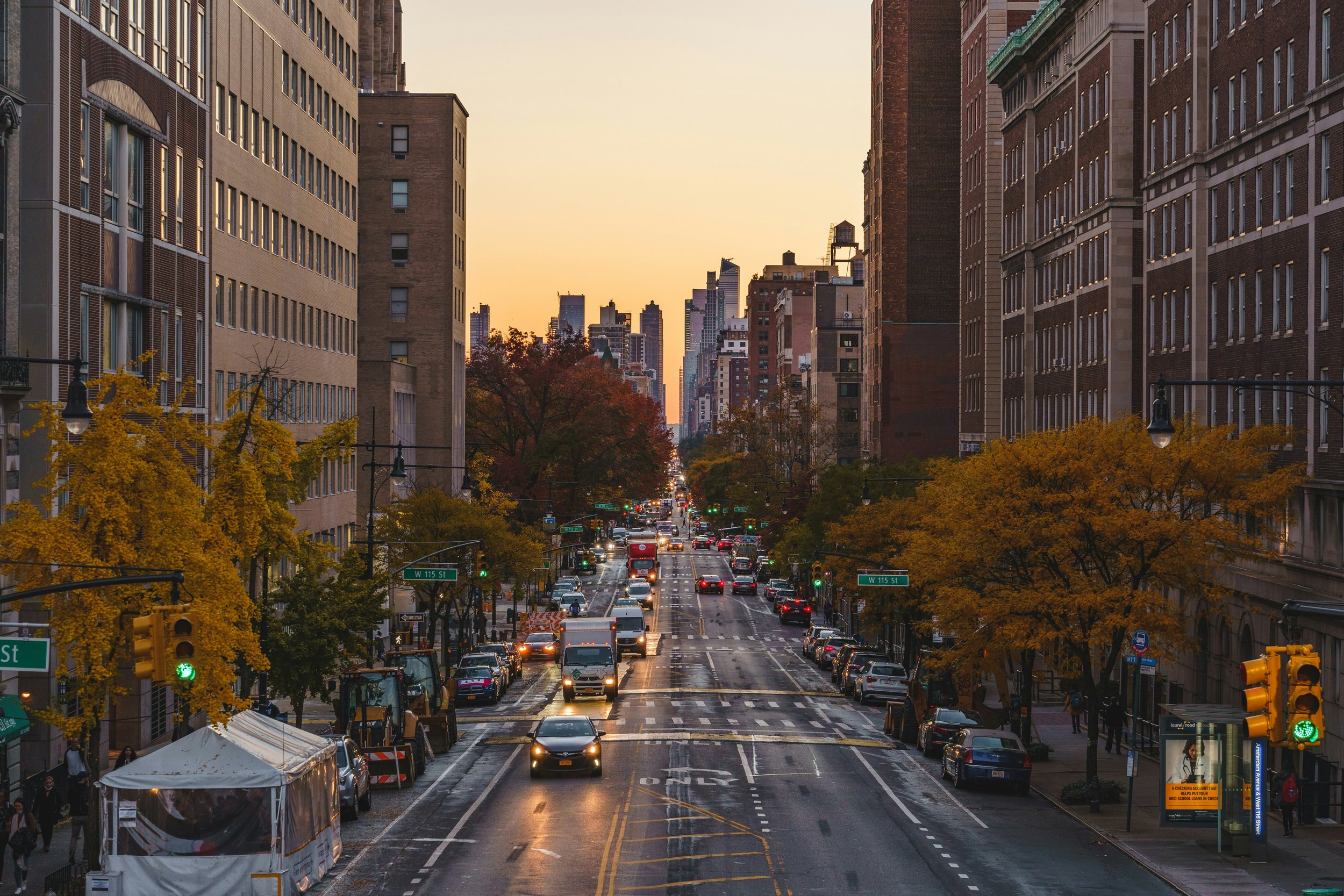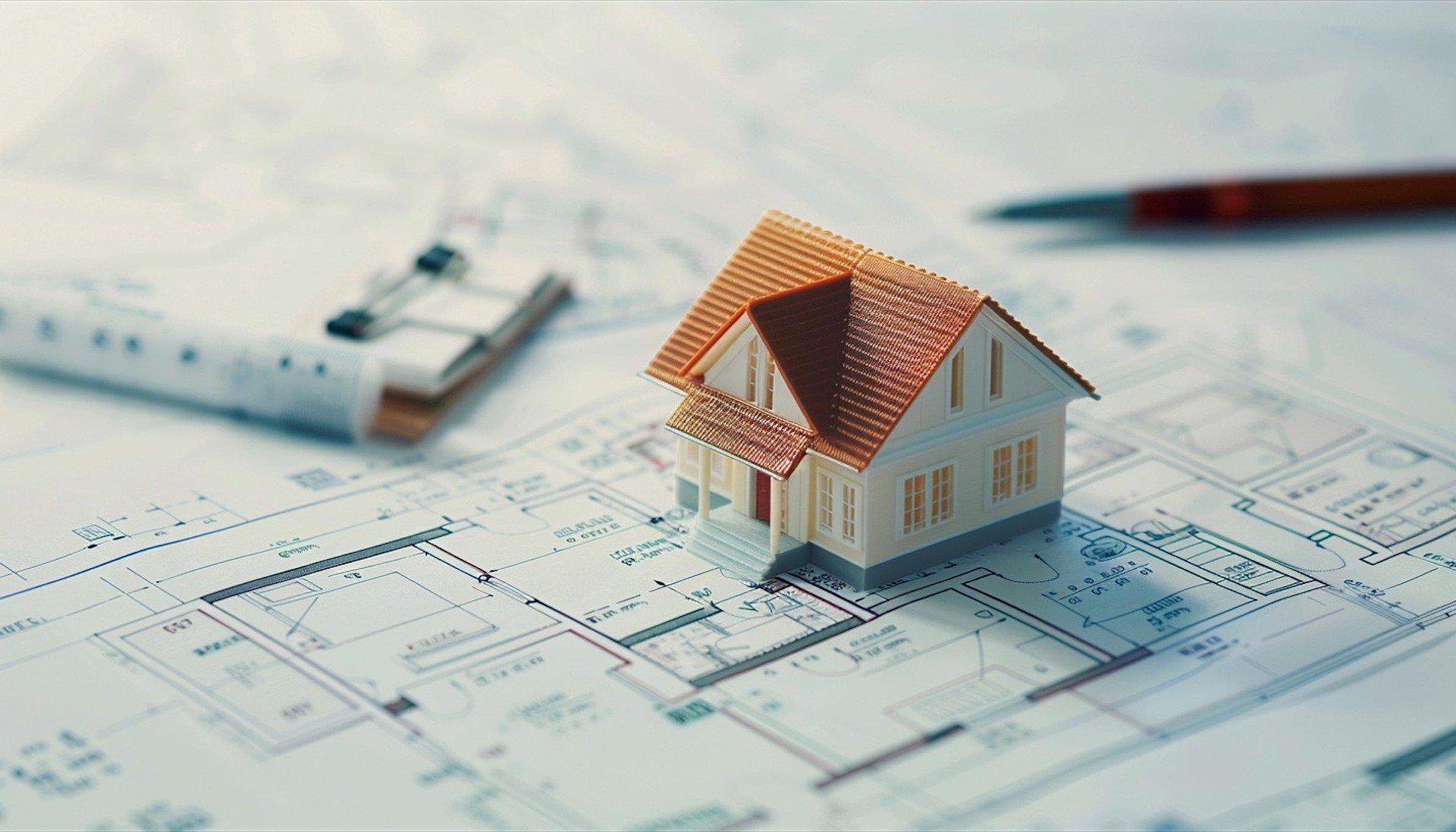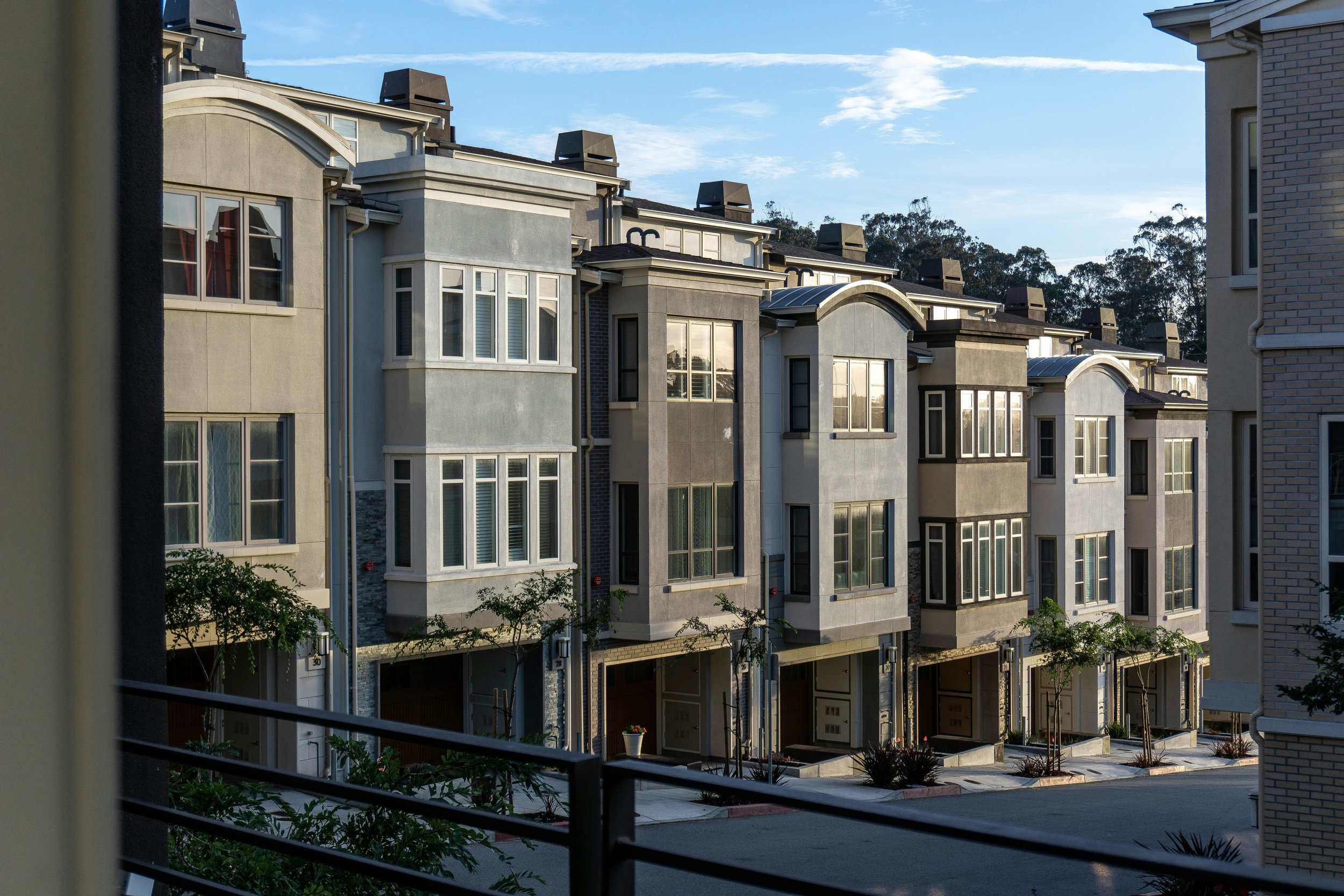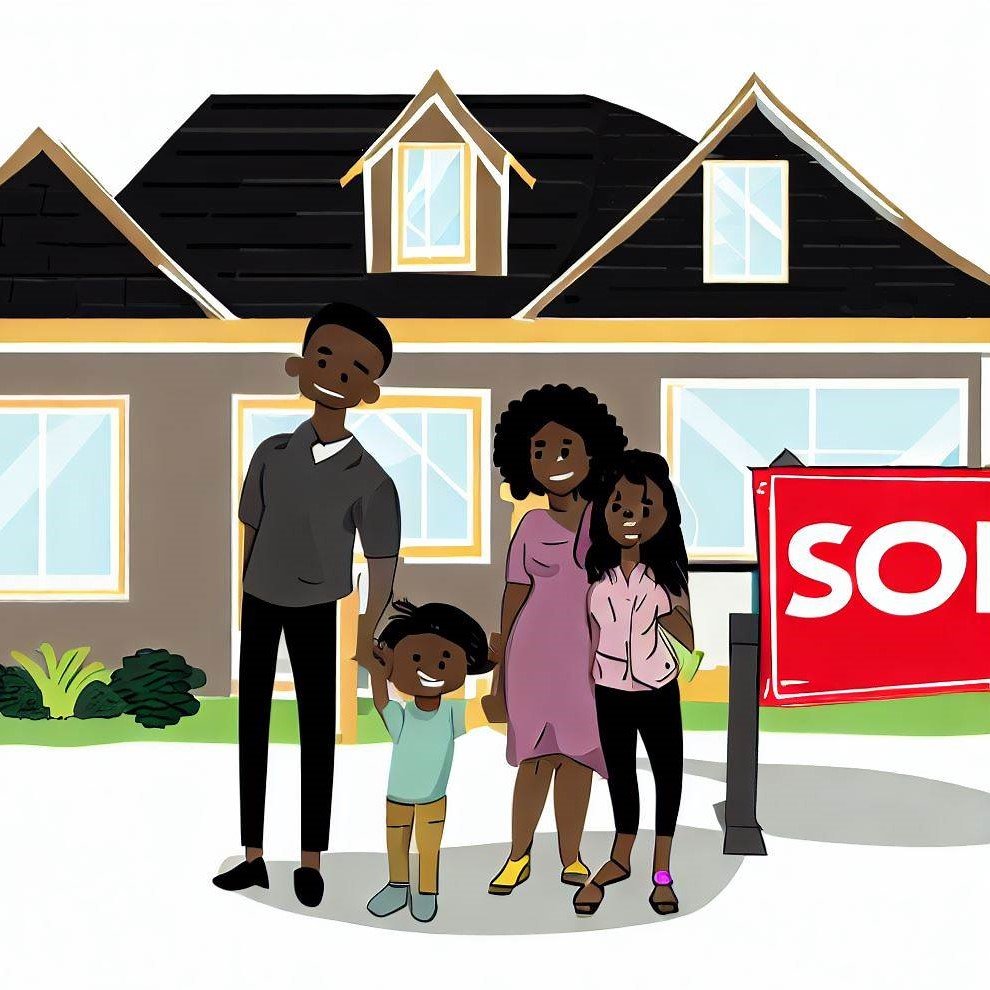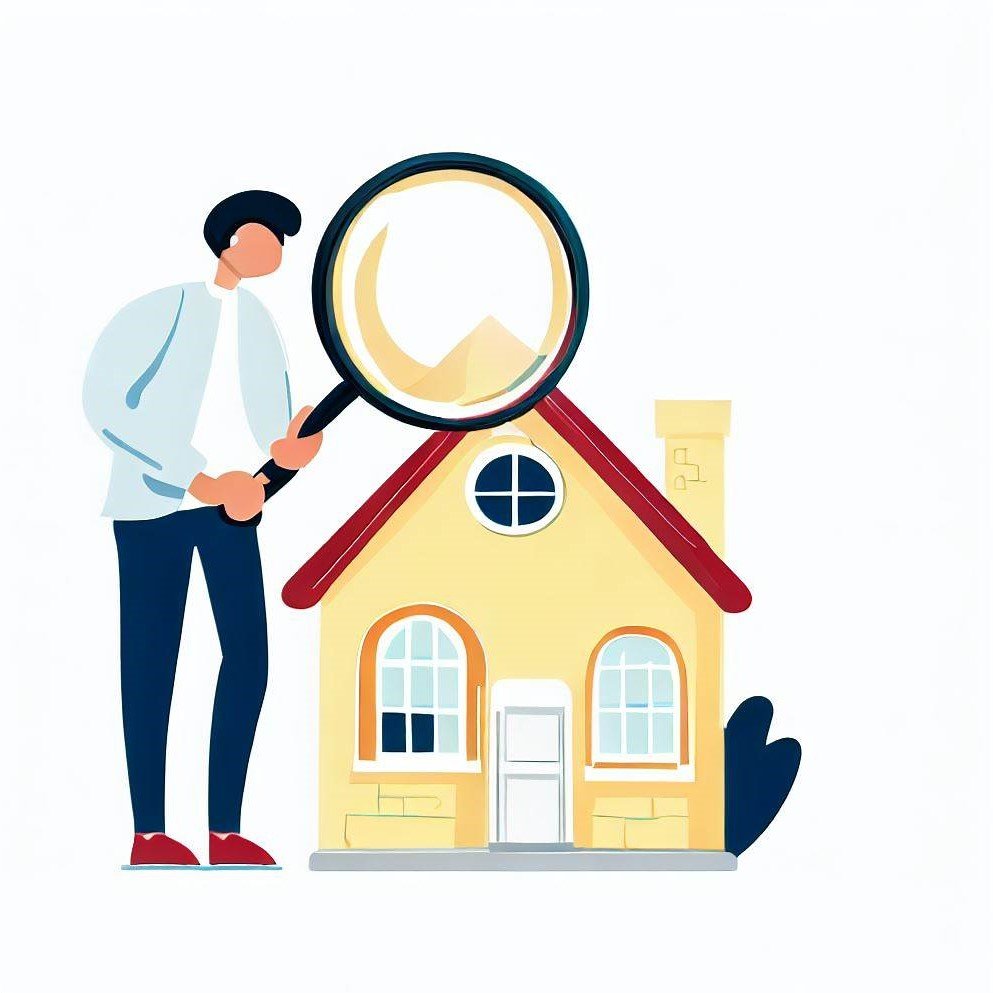Building v.s. Buying a House: Everything You Need to Know
Deciding between building or buying a house? Explore everything you need to know, from costs and timelines to customization and long-term benefits.
For many, owning a home is the ultimate goal, but deciding whether to build from scratch or buy an existing property can be overwhelming. Each option comes with its own set of advantages and challenges. From customization and long-term value to location and time constraints, the decision to build versus buy involves several important considerations. In this blog post, we’ll break down the key factors to help you make the best choice for your needs.
Building a House
Building a house can be a dream come true for those who want a completely personalized living space. It allows you to create a home that meets your exact specifications, down to the smallest details. Whether you have a unique architectural vision or specific requirements for the layout, building your own house gives you the flexibility to design it however you like. For those looking for a quicker or more budget-friendly option, there are prefab houses and cabins available that offer customizable designs to match your style and needs.
Customization and Personalization
One of the biggest draws of building a house is the ability to design it exactly the way you want. From choosing the floor plan to selecting materials and finishes, you can make every aspect of the home reflect your style and preferences. For instance, as highlighted by the team behind TimberHaus, you can have a house custom built to suit your family’s needs, whether that means extra rooms for a growing family, eco-friendly features, or the integration of smart home technology. The ability to personalize every corner of the house ensures that it will truly feel like your own.
Long-Term Value
Building a home often results in a property that appreciates in value faster than an existing one, especially if you’re located in a developing area. By constructing a new house, you can also incorporate the latest technologies and energy-efficient materials, which can make it more attractive to future buyers. Additionally, newer homes tend to have fewer maintenance issues, which can save you money on repairs in the early years of ownership. To keep track of your property's market value, using an instant house valuation tool can provide quick and accurate estimates, helping homeowners make informed decisions about potential sales or refinancing.
Time and Effort Investment
However, the process of building a house is not without its challenges. It typically requires a significant time commitment—sometimes months or even years, depending on the complexity of the design and other factors. You’ll also need to be deeply involved in decision-making, from selecting a contractor to approving plans and overseeing progress. While this hands-on approach may be exciting for some, it can be stressful for others, particularly those who have full-time jobs or other commitments.
Building a house also means you’ll have to deal with unexpected delays, changes in costs, and potential problems during construction. It’s crucial to have a contingency plan and budget to address these challenges. You may need to temporarily live in a rental or with family, which can disrupt your daily life during the building phase.
Costs of Building a Home
While it can be tempting to think that building a house is cheaper than buying, this isn’t always the case. Customization, premium materials, and labor costs can quickly add up. Additionally, hidden costs like permits, inspections, and utilities need to be factored in. Make sure to work closely with your builder and financial advisor to create a comprehensive budget that includes all possible expenses. It’s always best to overestimate your costs to avoid surprises later.
Buying a House
For many, buying an existing home is the more convenient option. It’s generally faster, less stressful, and doesn’t require as much involvement in the building process. Buying a home can be a straightforward process, depending on the real estate market in your area, but it still requires careful consideration of location, size, and condition.
Immediate Availability
One of the main advantages of buying a house is that it’s ready to move into immediately. No waiting months for construction or dealing with the uncertainties of a building project. If you need a home quickly, buying an existing property can offer a level of immediacy that building a new one simply can’t.
Established Neighborhoods
When you buy a home, you’re not just purchasing the property but also becoming part of an established community. Many buyers prefer to live in well-developed neighborhoods where schools, shopping centers, and other amenities are already in place. An existing home often comes with the advantage of a developed landscape, mature trees, and established local services, which can provide more stability and comfort compared to building in a new development.
Lower Initial Costs
While buying a home can be more affordable upfront compared to building, the initial price will vary depending on location, size, and condition. A home in a desirable area may cost more but could offer long-term value due to its prime location. However, you may have to compromise on certain features, such as outdated appliances, flooring, or fixtures. Renovating an existing home to meet your style preferences can be costly and time-consuming, but it’s often a more manageable option than starting from scratch.
Less Personalization
The downside of buying a home is the lack of customization. While you can make minor adjustments and renovations, the overall structure and layout are already set. If you have a very specific vision for your home, this can feel limiting. Additionally, finding a house that fits your needs perfectly can be difficult, as you may have to compromise on certain aspects.
Maintenance and Repairs
While newly built homes often come with fewer immediate repair needs, older homes can require significant maintenance. Older plumbing, electrical systems, and roof structures can be costly to fix or replace. When buying an existing home, be sure to conduct a thorough inspection to identify any potential issues that could arise in the future.
The choice between building and buying a home depends on your personal preferences, financial situation, and long-term goals. If you’re looking for a custom-designed home and are willing to invest the time and effort required, building a house might be the right option for you. On the other hand, if you prefer a quicker, hassle-free move with the advantage of established communities, buying an existing home could be the better choice. Whichever path you choose, both options have the potential to lead to a home that you can love and enjoy for many years to come.




